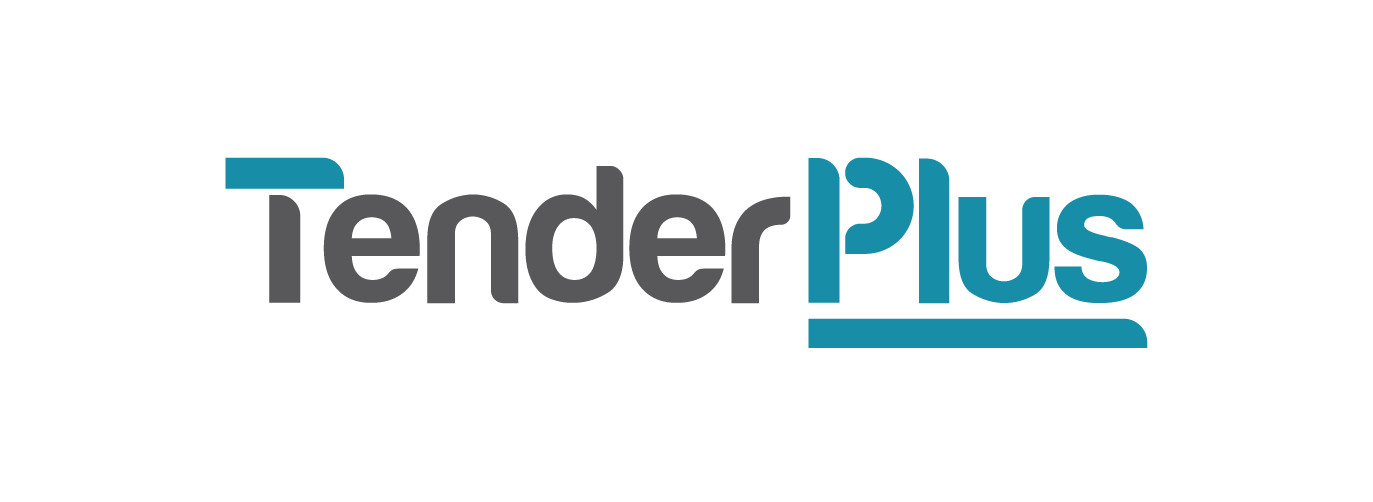5 signs you need tender support
Ryan May, Tender Specialist (Perth)
Engaging with a tender can be an exciting experience. It can also be terrifying. Regardless of how you feel about it, it’s important to be ready to engage with and win any opportunities that present themselves. So how do you know if you are prepared, or if you are biting off more than you chew? Here are 5 easy to recognise signs that you are in over your head.
You haven’t considered not tendering
It is very easy to make a quick decision when tendering for a contract, especially when it looks good on the surface. But considering the reasons why you shouldn’t tender are just as, if not more, important. What is the capacity of your organisation not just now, but in six months’ time? Will other projects disrupt your ability to complete this one? Are there requirements that you may struggle to deliver on, or that you can’t actually meet? What is your knowledge of the client – are they even worth working with? Not knowing what to consider before you even begin a tender is a glaring sign that you require tender support.
You’re pretty sure the only thing you really have to care about is price
It is a common misconception that price is the be all and end all of tenders. Yes, price is an important aspect of every tender. But clients don’t just rely on price to gauge the effectiveness of a tenderer. They want to know that you comply to their requirements, that you have the capacity to carry out the work and that should something change you have the ability to adapt and overcome. If you can’t answer these questions, or don’t know how, you need tender support.
The tender only consists of a few documents, so that must mean it will be easy
If you have opened the tender docs, seen 5 documents, and then maybe skimmed through a few, coming to the hasty decision that the tender, ‘isn’t that big’ and that much of it, ‘should only take a few afternoons to bash out’, there’s a good chance you are in for an unpleasant surprise. Don’t be fooled by the tip of the iceberg – a single document can contain countless (sometimes an absurd amount) of returnable schedules to respond to. That’s not factoring in the complexity of these schedules, or the specific requirements of the client. In cases where you don’t feel confident (or perhaps feel a little too confident) in your understanding of the scale of the job in front of you, you need tender support.
The tender isn’t due for 2 months, so there’s no rush
It’s an easy trap to fall into, especially if you haven’t tangled with larger tenders before. It’s important to recognise that the reason you have been given so long is because the tender will take a long time to pull together. At risk of repeating myself here, but no, you cannot take an entire schedule and ‘bash it out in an afternoon’ (I don’t know why I hear this phrase so often, but it rings in my skull like a death knell). A large tender requires a large effort to push it to the finish line, and realising this with only a month (or sometimes less) to go feels a bit like realising you’ve jumped out of a plane without a parachute. Ask for tender support before you leap!
What’s a live document? And for that matter, what’s SharePoint?
If these questions are racing through your mind alongside comments like, “Why can’t we just email the documents between us?”, you need tender support. You really need tender support.
We are here to help
It isn’t always easy to recognise if you’re ready to take on a tender, but taking the time to determine your level of preparedness is always worth it. In cases where you just aren’t sure, don’t be afraid to ask for the support of professionals.
Here at TenderPlus we excel in creating winning tenders. If you’ve come to the realisation that you’re going to need help with your next tender, get in touch – we’d love to hear from you! We are seasoned professionals and can help in any area of tendering, including tender strategy, tender coordination, tender writing and more.
Found this post interesting? You might like some of our other blogs, such as How to start a tender response: an exercise in content planning and The benefits of working with a tender consultant.
